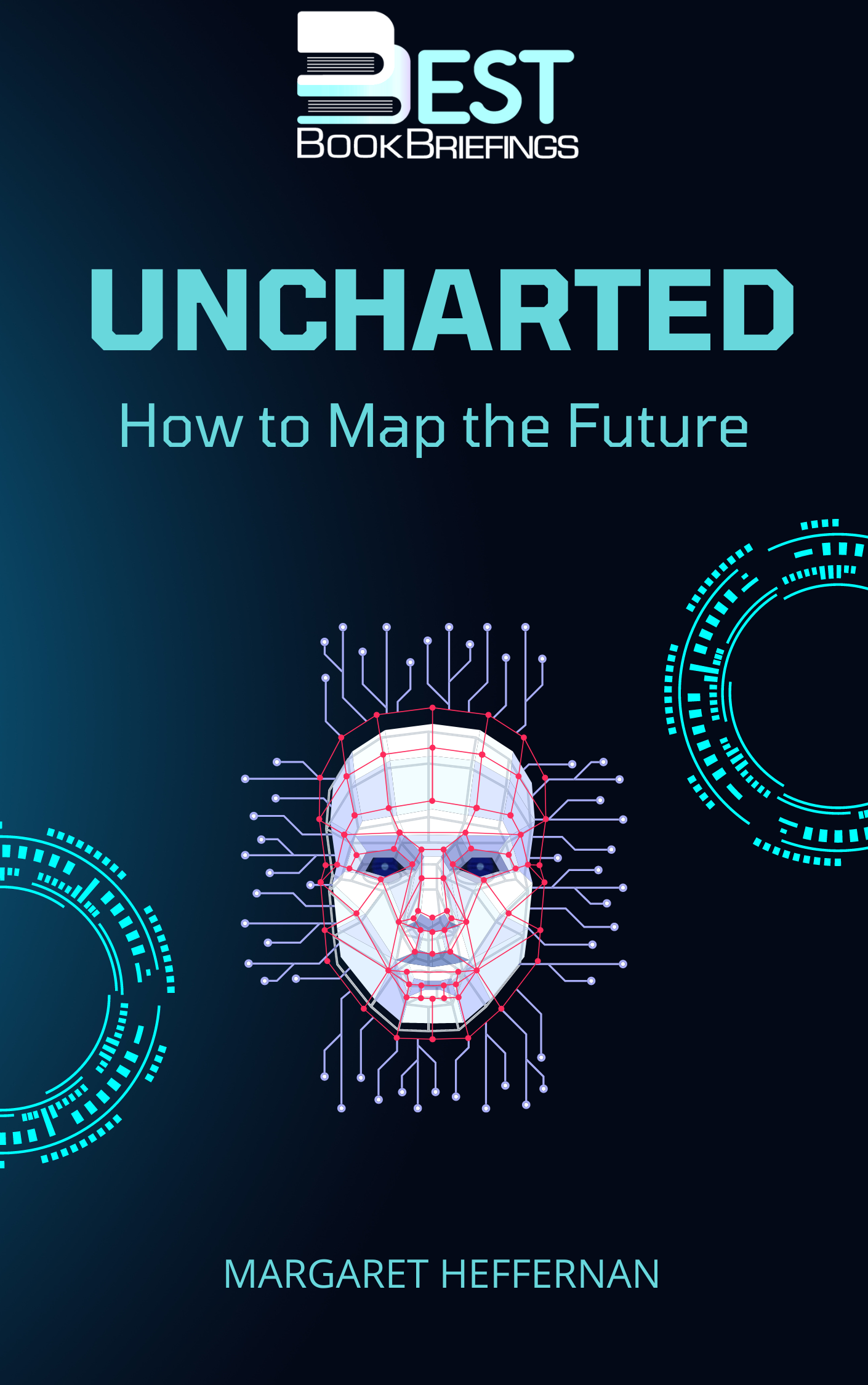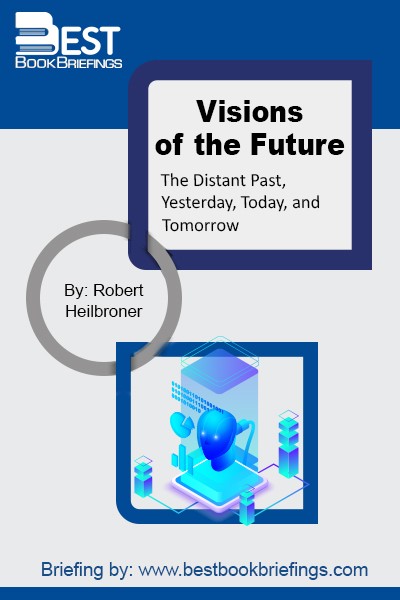Visions of the Future
The Distant Past, Yesterday, Today, and Tomorrow
Number of pages: 144
Publisher: Oxford University Press
BBB Library: Technology and Globalization
ISBN: 978-0195102864
Editorial Review
In a brilliant conclusion drawing together the threat of nuclear blackmail, global warming and the growing commodification of life represented by video games, voice mail, and VCRs, Visions of the Future issues a call to face the challenges of the twenty-first century with a new resolve strengthened by the inspiration of our collective past.
Book Reviews
Books on Related Topics

Jaron Lanier is the father of virtual reality and one of the world’s most brilliant thinkers. Who Owns the Future? is his visionary reckoning with the most urgent economic and social trend of our age: the poisonous concentration of money and power in our digital networks.

The global financial crisis has already inspired over a thousand books, not to mention myriad articles, blogs, and other commentary. Some are simply expressions of anger. Others document the hole we find ourselves in or perform forensics on how we nearly buried ourselves alive. Fewer focus on what is to be

When scholars write the history of the world twenty years from now, and they come to the chapter Y2K to March 2004, what will they say was the most crucial development? The attacks on the World Trade Center on 9/11 and the Iraq war? Or the convergence of technology and events

Homo Deus: A Brief History of Tomorrow examines what might happen to the world when these old myths are coupled with new godlike technologies such as artificial intelligence and genetic engineering. What will happen to democracy when Google and Facebook come to know our likes and our political preferences better than we

Everything in 2034 is an imaginative extrapolation from present-day facts on the ground combined with the authors' years working at the highest and most classified levels of national security. Sometimes it takes a brilliant work of fiction to illuminate the most dire of warnings: 2034 is all too close at hand, and this

This summary of Becoming Your Best by Steven R. Shallenberger talks about how running a business or department in today’s high-pressure business landscape gets more difficult every year.

Here is the story of Klara, an Artificial Friend with outstanding observational qualities, who, from her place in the store, watches carefully the behavior of those who come in to browse, and of those who pass on the street outside. She remains hopeful that a customer will soon choose her. Klara and

We are addicted to prediction, desperate for certainty about the future. But the complexity of modern life won’t provide that; experts in forecasting are reluctant to look more than 400 days out. History doesn’t repeat itself and even genetics won’t tell you everything you want to know. Ineradicable uncertainty is now



